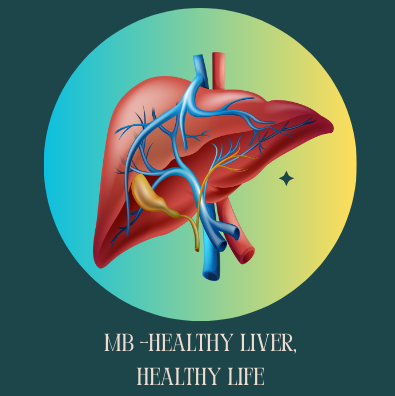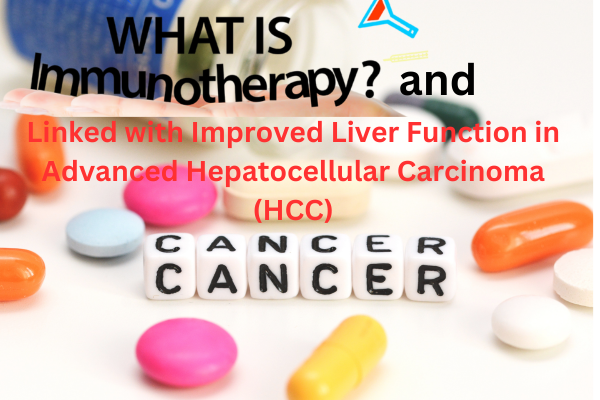Response to Immunotherapy Linked with Improved Liver Function in Advanced Hepatocellular Carcinoma (HCC)
Hepatocellular carcinoma (HCC), the most common type of primary liver cancer, poses significant treatment challenges, especially in its advanced stages. Traditional treatment options such as surgery, chemotherapy, and targeted therapy often fall short, leaving patients with limited hope for improved outcomes. However, the advent of immunotherapy has ushered in a new era of treatment possibilities. Recent research has demonstrated that a positive response to immunotherapy not only extends survival in patients with advanced HCC but also significantly improves liver function, offering a dual benefit that enhances overall quality of life.
Understanding Hepatocellular Carcinoma and Its Challenges
HCC typically arises in the context of chronic liver disease, such as cirrhosis or chronic hepatitis B or C infections. The liver’s regenerative capacity and its exposure to various toxins and pathogens make it susceptible to cancer development. Advanced HCC is often characterized by extensive liver damage, making treatment particularly challenging. Conventional therapies frequently fall short due to the liver’s compromised state, necessitating more effective and less invasive treatment options.
The Promise of Immunotherapy
Immunotherapy, a treatment modality that harnesses the body’s immune system to fight cancer, has revolutionized oncology. Immune checkpoint inhibitors, such as pembrolizumab and nivolumab, have shown promise in treating various cancers, including HCC. These drugs work by blocking proteins that prevent immune cells from attacking cancer cells, thereby enhancing the body’s natural immune response against tumors.
Improved Liver Function with Immunotherapy
Emerging evidence suggests that patients with advanced HCC who respond well to immunotherapy experience not only tumor shrinkage but also improved liver function. This improvement is a critical development, as better liver function directly correlates with enhanced quality of life and overall survival. Here’s how immunotherapy contributes to better liver health:
- Reduction in Tumor Burden: Successful immunotherapy reduces the size and number of liver tumors. This reduction alleviates the pressure on the liver, allowing it to function more efficiently and potentially regenerate healthy tissue.
- Decreased Inflammation: Chronic inflammation is a hallmark of liver disease and a precursor to HCC. Immunotherapy can modulate the immune response, reducing inflammation and preventing further liver damage.
- Enhanced Immune Surveillance: By boosting the immune system’s ability to detect and destroy cancer cells, immunotherapy helps maintain a healthier liver environment, reducing the risk of new tumor formation and liver function deterioration.
Case Studies and Clinical Trials
Several clinical trials and case studies have underscored the positive impact of immunotherapy on liver function in advanced HCC patients. For instance, a study published in the Journal of Clinical Oncology reported that HCC patients who responded to immunotherapy exhibited significant improvements in liver function tests, including lower levels of bilirubin and improved albumin levels. These markers are critical indicators of liver health, and their improvement signifies better liver performance and patient well-being.
Implications for Treatment and Patient Care
The dual benefit of tumor control and liver function improvement makes immunotherapy a compelling option for advanced HCC treatment. For patients, this means not only extended survival but also an enhanced quality of life, as improved liver function translates to better energy levels, fewer complications, and reduced symptoms associated with liver failure.
Moving Forward: Integrating Immunotherapy into HCC Treatment Protocols
The positive outcomes associated with immunotherapy in advanced HCC underscore the need for its integration into standard treatment protocols. Here are some key considerations for optimizing its use:
- Patient Selection: Identifying patients who are likely to respond well to immunotherapy is crucial. Biomarkers and genetic profiling can aid in selecting candidates who will benefit the most from this treatment.
- Combination Therapies: Combining immunotherapy with other treatments, such as targeted therapies or radiation, may enhance its efficacy and provide synergistic benefits, leading to better patient outcomes.
- Ongoing Monitoring: Regular monitoring of liver function and immune response is essential to assess treatment efficacy and make timely adjustments to the therapy regimen.
- Patient Education and Support: Educating patients about the potential benefits and side effects of immunotherapy, along with providing robust support systems, can improve adherence to treatment and overall patient experience.
Conclusion
Immunotherapy represents a significant advancement in the treatment of advanced hepatocellular carcinoma, offering hope to patients who previously had limited options. The link between a positive response to immunotherapy and improved liver function highlights the dual benefit of this innovative treatment, which promises not only prolonged survival but also enhanced quality of life. As research continues to evolve, integrating immunotherapy into comprehensive HCC treatment strategies will be pivotal in transforming patient outcomes and paving the way for a brighter future in liver cancer care.
 https://analytics.google.com/analytics/web/#/analysis/p405220706
Skip to content
https://analytics.google.com/analytics/web/#/analysis/p405220706
Skip to content 
